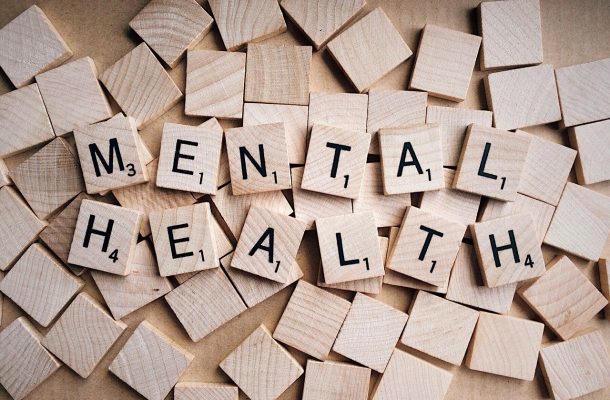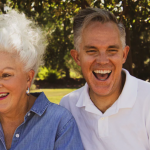Six months into COVID-19, 74 per cent of Australians have identified concerns for their mental health and wellbeing, according to a survey conducted for October’s Mental Health Month.
A national survey of 1,001 people conducted by McCrindle Research for Wesley Mission, indicates that Australians are most likely to have experienced uncertainty about the future (40%), increased feelings of stress (30%) and increased feelings of anxiety (27%). A similar proportion have felt less in control during the COVID-19 pandemic (27%).
Wesley Mission CEO, the Rev Keith V Garner AM said that Australians’ shared experience during the pandemic could help to break the stigma that still surrounds mental health.
“Isolation can cause you to retreat, and it’s easy to assume that you are alone in this challenge. Our research unequivocally shows that current concerns for mental health is a common experience. I want to say to people – you are not alone.”
The study showed that although 74 per cent have struggled with their mental health and wellbeing during the pandemic, only 54 per cent have sought support.
Dr John Kearney, Clinical Psychologist and Director of Psychological Services at Wesley Hospital Kogarah, shared some helpful first steps:
“Focusing on your own self-care, such as minimising or eliminating alcohol and caffeine intake, and taking time to invest in relationships with family and friends, is crucial to building personal resilience.
“It is well known that maintaining social connections, even when assisted by technology, helps people feel better. So, speak to your partner, a friend or family member about how you’ve been feeling. Your GP is also a great person to talk to and can help you to access support.”
The research also revealed that the biggest barrier for Australians seeking support for their mental health and wellbeing is feeling like they can figure it out on their own. A similar proportion (21%) don’t think their mental health challenges are serious enough to get support and one in six (17%) think other people are more in need of support than they are.
Mr Garner encouraged Australians to prioritise their own mental health and wellbeing.
“We’ve all had to adapt to the challenges of this crisis. Offer yourself the same compassion you extend to a friend or family member who shares their struggles with you. Support is available, and it starts with a brave conversation.”
“All of us have a role to play in dispelling the silence surrounding mental health and to support the people around us who are suffering,” Mr Garner said.







